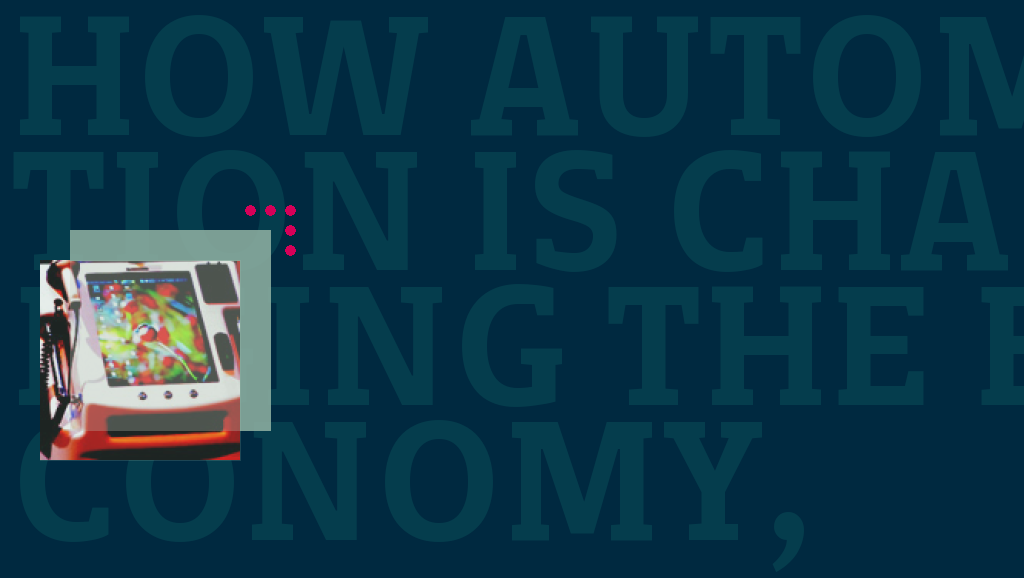On Thursday September 27th I attended an event hosted by Kara miller of the local TV and radio station WGBH (Western Great Blue Hill) here in Boston. Miller hosts a Radio show that I follow regularly called Innovation Hub, and the event was a live discussion forum entitled “The New Economy: How Automation is Changing the Game”. The debate was held in the beautiful setting of the Modern Theatre at Suffolk University.
Miller was joined by an interesting group of panelists:
Andrew McAfee is a principal research scientist at MIT where he studies the ways that Information Technology affects business. He is also co-author of the ebook Race Against the Machine: How the Digital Revolution is Accelerating Innovation, Driving Productivity and Irreversibly Transforming employment and the Economy.
Rodney Brooks is the Panasonic Professor Emeritus at MIT. He was co-founder at iRobot and now runs Rethink Robots.
Willy Shih is Professor of Management Practice at the Harvard Business School. One of his interests is in the management of science and technology intensive businesses.
Daniel Theobald is the CTO of Vecna and a robotics expert.
The debate revolved around the problem of robotics potentially putting people out of work, with certain sectors of the economy becoming more and more automated. The panel argued that historically people have moved into alternative forms of work, and that automation has not lead to mass unemployment, but that it was impossible to say if this would continue.
They discussed how robotics engineers are working around engineering limitations and finding innovative ways to use their technology both to improve performance and save money. Some figures given were worthy of note, for example 20% of all hospital expenses go towards moving objects around in the facility. Theobald demonstrated his hospital robot that is able to deliver and transport materials throughout a hospital. His argument is the use of such machines may cut down on expenses through labour costs diminishing, as people do not spend their days walking down long corridors to collect medicine, deliver food and take out the waste and dirty linen.
The debate included discussing improvements in prosthetic technology and more generally about the use of robot technology in medicine. One of the points made is that robot technology will not see its full potential unless it is made available to everyone. This implies designing machines with extremely simple command interfaces so that little or no expertise is required in order to use them. The automated bank cash machine was given as an example of user friendliness.
One discussion that I found interesting and related to the arguments put forward by the Bassetti Foundation was about how engineers use technologies in their robots that were not specifically designed for that purpose. Gaming technology has become extremely important in robotics, as the techniques used for controlling figures on the screen during the game are now used to program and control the robots. Surgical techniques are currently carried out using the same processes that teenagers use to play new generation computer games. The money invested in computer gaming technology is in fact one of the main drivers in military, medical and robotic technologies.
An interesting debate and demonstration of robotic capabilities, although the discussion around effects upon society and working practices remained inconclusive, only time will show us the effects upon society of this automation revolution.
A Video of the event is available here through the Innovation Hub website, as are many other audio recordings of past shows, and photos of the informal after-debate interaction with the public are available here.
———————
(photo: from Theobald speaking (the machine) by Jonathan Hankins from Flickr)
















